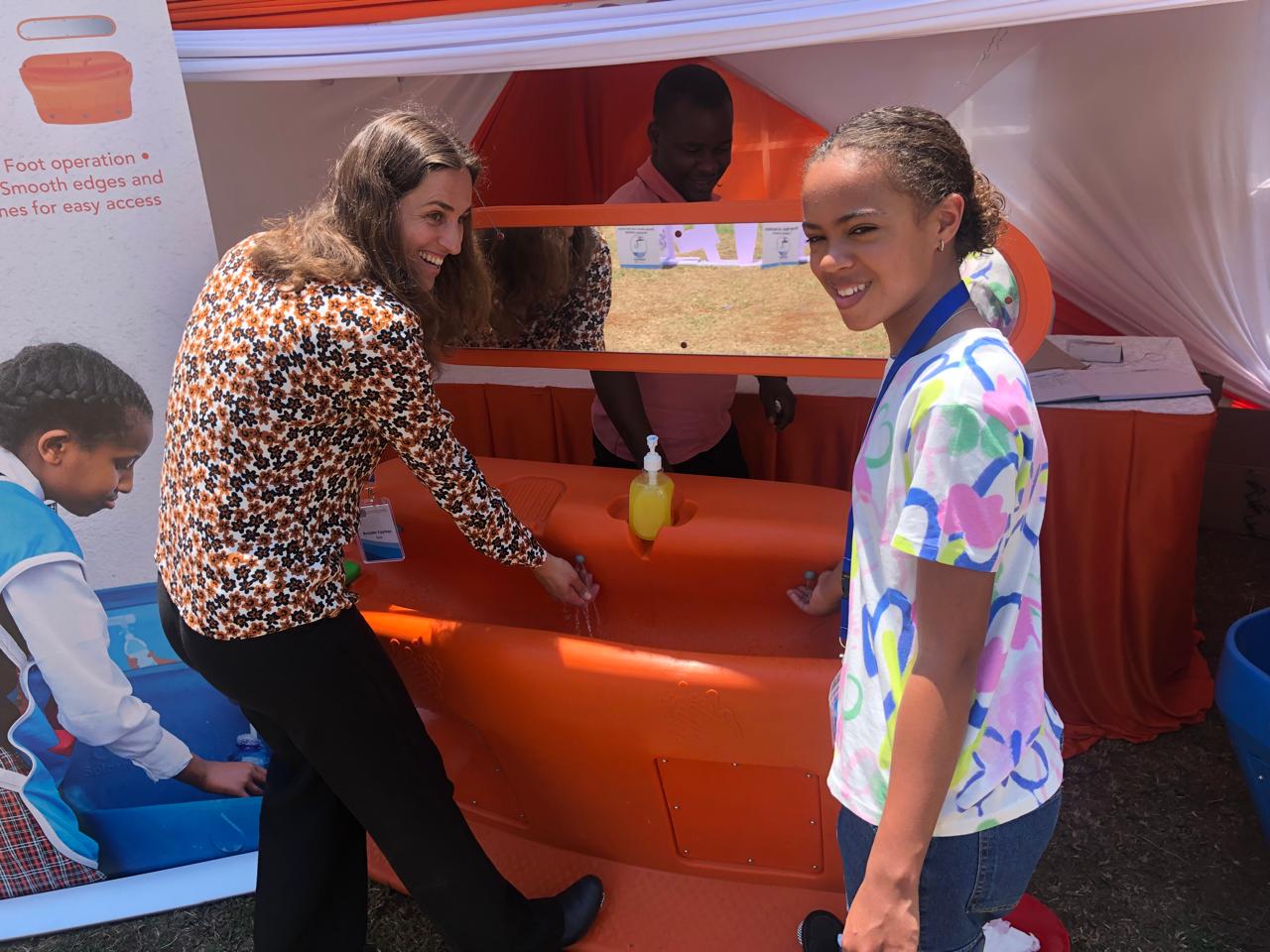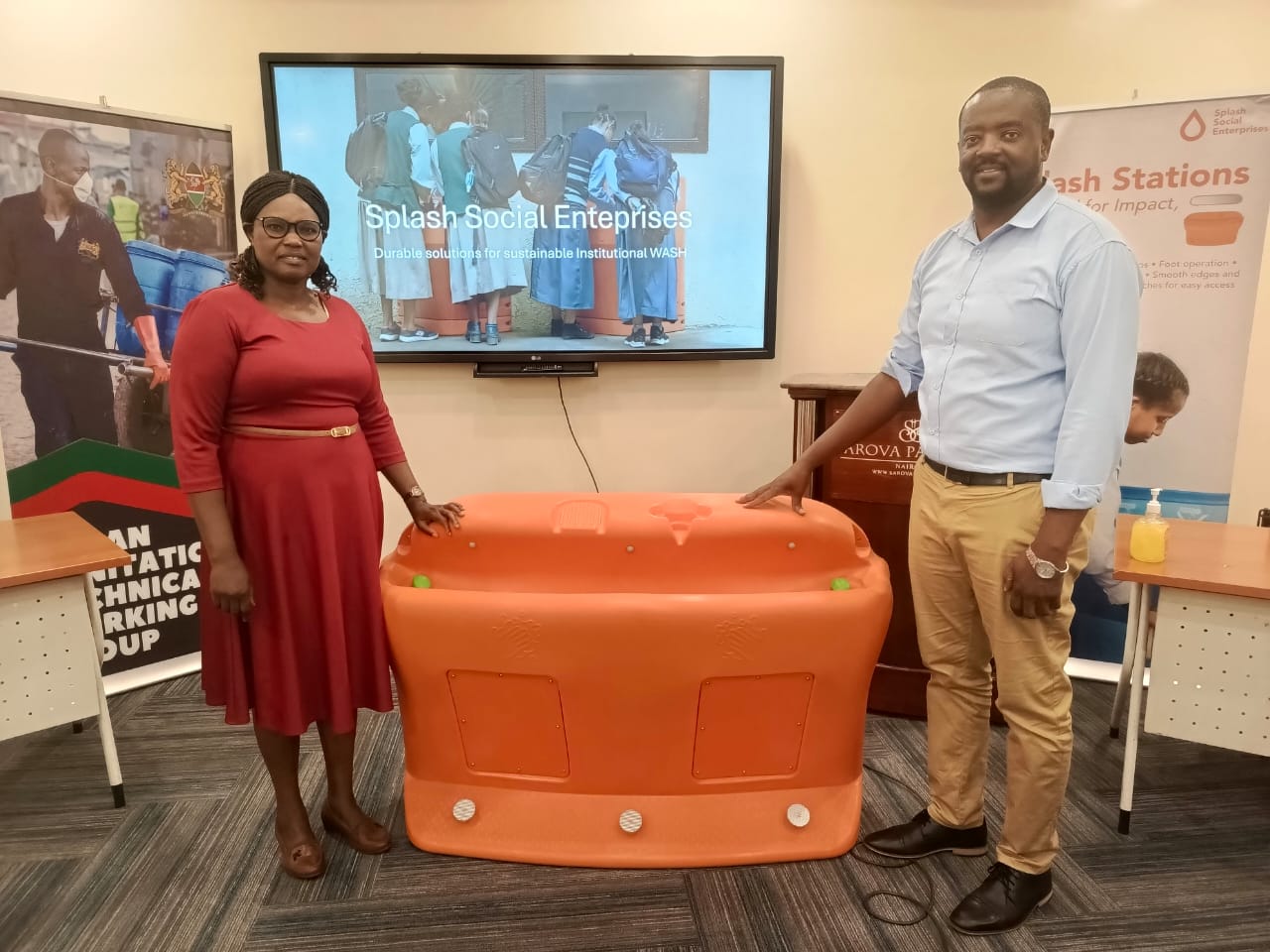
Splash
Social Enterprises (SSE), a new social enterprise founded by Splash
International, has officially launched in Kenya.
The
launch came with an introduction of their latest V3 handwashing station.
The
event, held at a Hotel in Nairobi, gathered 45 influential WASH sector
stakeholders, including representatives from NGOs and government bodies.
Keynote
speakers, including Janet Mule from the Ministry of Health, Elizabeth Otieno
from the Ministry of Education, and Dr. Fungai, Global Head of WASH Operations
for World Vision, emphasized the need
for sustainable, locally manufactured WASH solutions for schools and healthcare
facilities in Kenya.
The
V3 handwashing station, designed with durable, theft- and tamper-proof
features, conserves water and is uniquely suited to the demands of high-traffic
environments.
SSE’s
launch was followed by an exhibition at the Innovate for WASH Conference in
Kisumu, where the team showcased both handwashing and drinking water stations.
SSE highlighted the advantages of local manufacturing
and adaptable supply chains, offering Kenyan schools and health facilities a
reliable alternative to traditional concrete stations, which often face issues
like vandalism and low functionality.
SSE
was also invited to present at the 17th Technical Working Group for the
Ministry of Water and Irrigation, where they shared impact data from Splash
International’s work in Ethiopia and India.

Research from the London School of Hygiene has shown a 17% reduction in respiratory disease rates and a 22% increase in handwashing frequency in areas with Splash’s stations and behaviour-change initiatives. SSE boasts 98% functionality of its stations in Kolkuta, which is unheard of in the WASH sector.
SSE design their own durable, recyclable, child-appropriate drinking and handwashing stations that promote positive handwashing and drinking behaviours.
These stations are sold along with training to governments, non-profits, and multilateral organizations for distribution in schools, healthcare facilities, and other low-resource, institutional settings.















